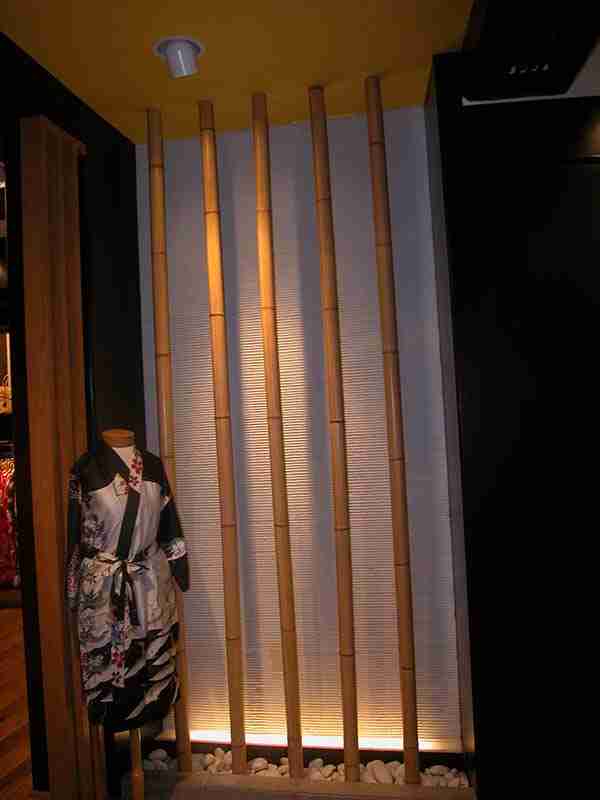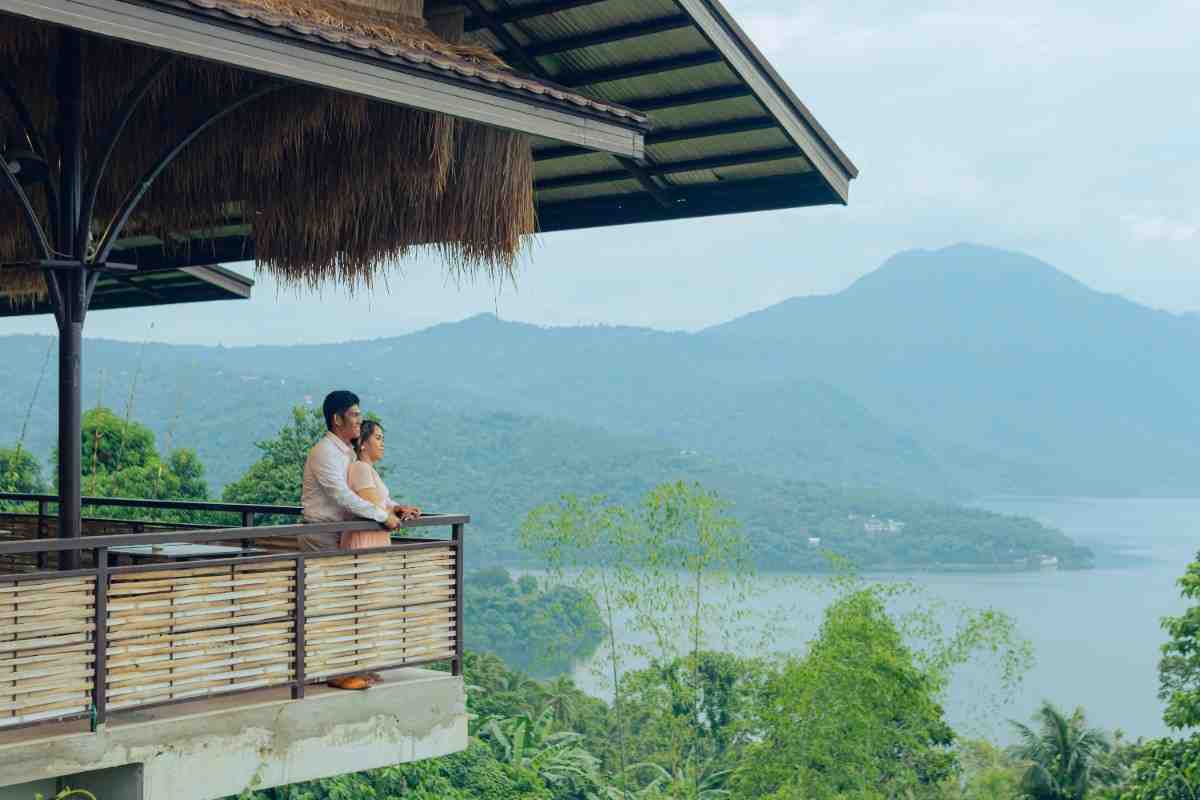
Tristan Ishtar
VP of Sales
Bamboo poles bring a distinct tropical ambiance to any space, from tiki bars to resort landscapes. But behind every stunning installation lies an important decision—balancing aesthetics with budget.
While price is a key factor, the true cost of bamboo poles goes beyond the initial purchase. Let’s break down the factors that determine what you’ll pay.
Natural vs. Artificial Bamboo: Which Costs More?
Your first pricing decision is between natural and artificial bamboo. Each has unique cost structures and long-term considerations.
Cost Factors for Natural Bamboo Poles
Natural bamboo is more affordable initially, making it ideal for budget-conscious projects. Prices vary by species, diameter, and length, but it remains accessible for decorative applications.
“Natural is lower upfront cost,” explains Tristan Ishtar, vice president of sales at amaZulu. “You can get away with natural; it’ll still give you many years.”
However, it’s important to keep in mind that when used outdoors, natural bamboo requires regular maintenance and eventual replacement. In humid regions, natural bamboo may last only 2-3 years without treatment, while in drier climates like Arizona, it might survive 10-15 years.
Cost Factors for Artificial Bamboo Poles
Artificial bamboo has a higher initial price but offers significant long-term savings. Products like amaZulu’s Artificial Interlocking Bamboo include a 10-year warranty and resist fading, weather damage, and fire.
“Artificial bamboo may be more cost-effective over time due to durability and low maintenance,” Tristan notes.
If you need outdoor durability, water resistance, or fire compliance, artificial bamboo is often the more economical choice in the long run.
How Much Do Bamboo Poles Cost?
Bamboo pricing varies based on species, size, and application. Here’s a general guide:
Natural Bamboo Pricing
- Decorative bamboo (Tonkin, 1-inch diameter, 8-foot poles): $5–$15 per pole
- Structural bamboo (2-3 inches, 8-10 feet): $15–$80 per pole
- Rare or premium species: $100+ per pole
Artificial Bamboo Pricing
- Interlocking segments (18-20 inches): $4–$10 per foot
- Complete 8-foot artificial pole: $24–$50
- Fire-retardant & custom finishes: 15-25% price premium
Additional Costs
- Fasteners: $0.50–$2 per connection
- Weather treatments (for natural bamboo): $15–$30 per gallon (covers ~200 sq. ft.)
- Structural hardware: $5–$20 per joint
- Installation (commercial projects): $2–$5 per sq. ft.
Factors That Influence Bamboo Pole Pricing
Beyond the natural versus artificial decision, several specific characteristics significantly impact bamboo pole pricing.
1. Bamboo Species
- Structural bamboo (Tre-Gai, Guadua, Solid Bamboo): Stronger but more expensive.
- Decorative bamboo (Tonkin, low-grade varieties): More affordable but not suitable for load-bearing use.
- Imported species: Higher shipping and sourcing costs.
“Match the species to the application,” Tristan advises. “If you’re doing something structural, you better get a structural bamboo. If you get Tonkin, it’s not going to work.”
2. Bamboo Dimensions
- Larger diameters cost more: 2-3 inches significantly higher than 1-inch.
- Longer poles increase cost: Standard 8-10-12 feet sizes are more affordable than custom lengths.
- Max length: 19 feet for some bamboo types.
“Different species have different heights; thicker diameters can come up to 19 feet,” Tristan notes.
3. Quality & Processing
- Higher grades (fewer imperfections) cost more.
- Pre-treated bamboo reduces long-term maintenance but adds to upfront cost.
- Sustainable certifications increase price but are essential for commercial projects.
Bulk Purchasing and Cost Savings
Commercial projects often benefit from volume pricing, though the threshold for meaningful discounts is higher than many customers expect.
Shipping Considerations
Length Limitations:
Shipping represents a significant consideration in total cost calculations for large orders. Most bamboo poles ship in standard lengths that fit in shipping containers, with 19-foot poles being the practical maximum.
Artificial Options:
Artificial interlocking bamboo offers particular shipping advantages. “Depending on the diameter, now you can put them in a box,” Tristan explains. This reduces shipping expenses compared to full-length poles.
Ready to Find the Perfect Bamboo Poles for Your Project?
Selecting the right bamboo poles requires careful consideration of cost, durability, and project needs. Whether you’re looking for budget-friendly natural bamboo or long-lasting artificial alternatives, understanding the price factors helps you make an informed decision.
With over two decades of experience, amaZulu provides expert guidance to ensure you choose the best bamboo for your application. Contact our team today for personalized recommendations and competitive pricing on high-quality bamboo poles that meet your project’s unique requirements.

Tristan Ishtar
VP of Sales
With over 11 years at amaZulu, Tristan brings deep expertise in tropical building materials and a customer-focused approach. He serves as a trusted consultant for architects and designers, providing expert guidance without high-pressure sales.





